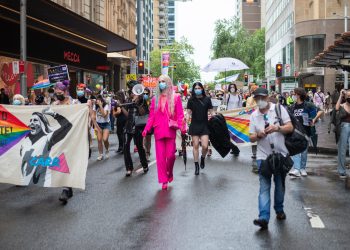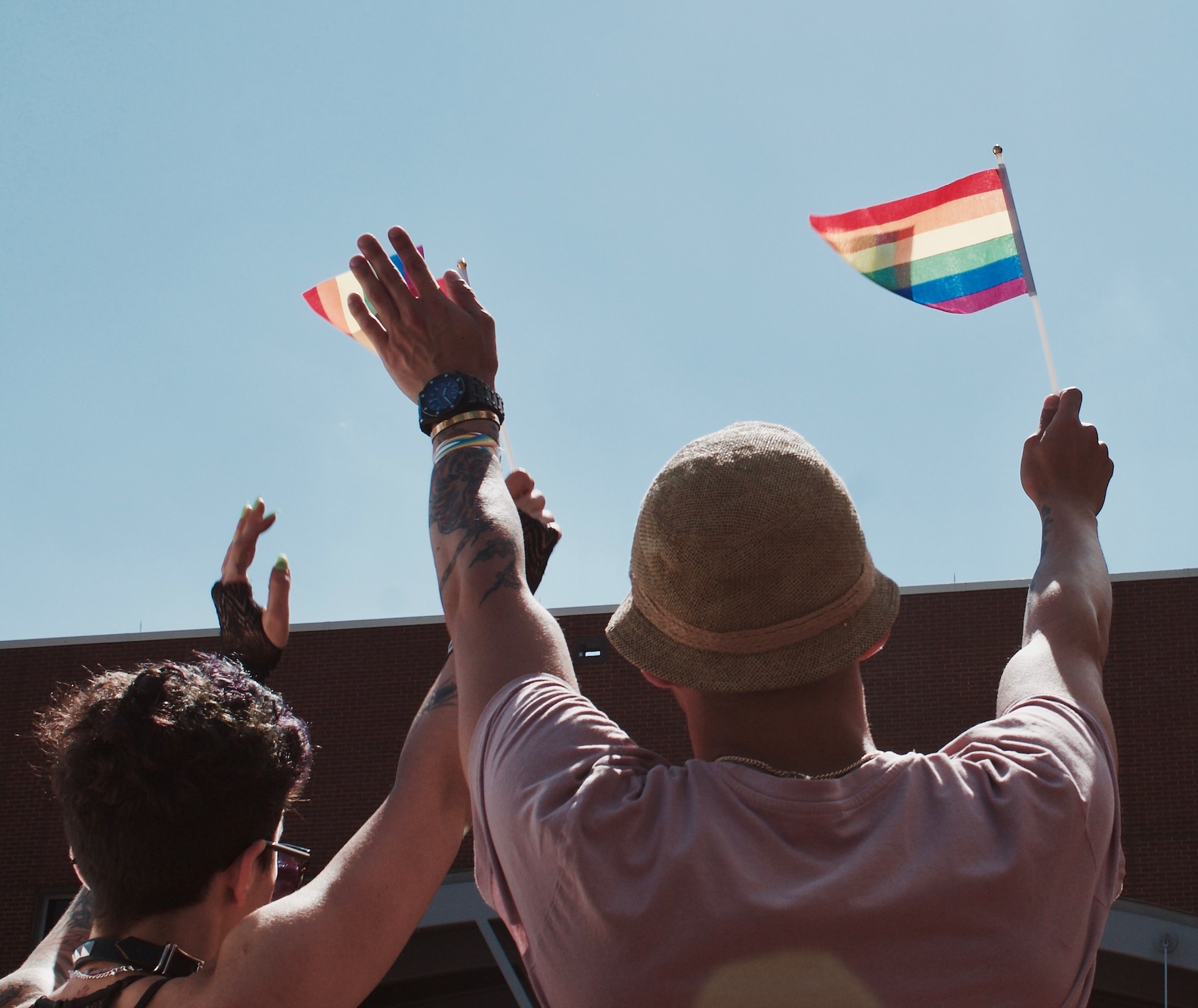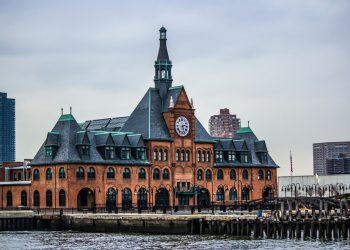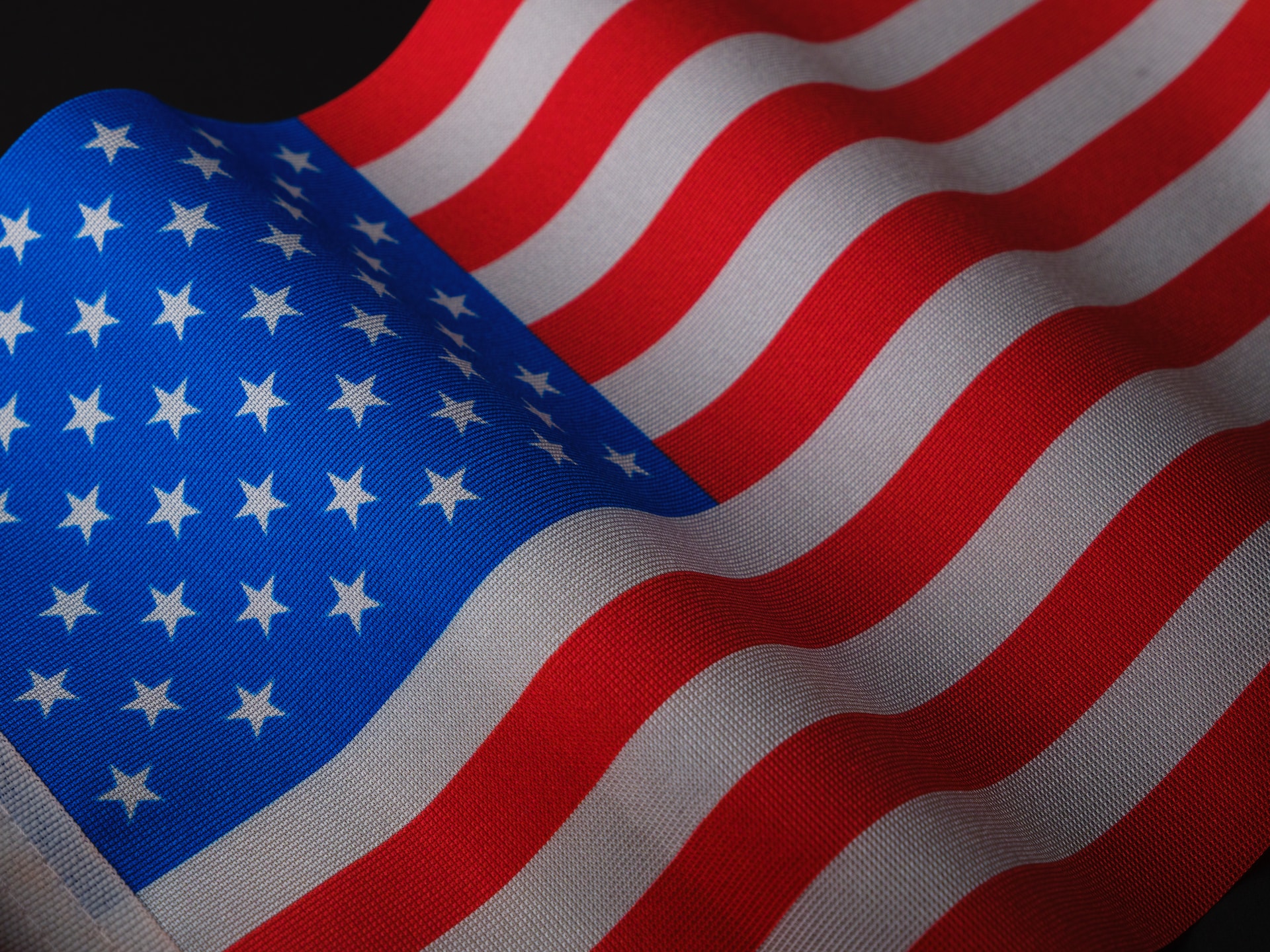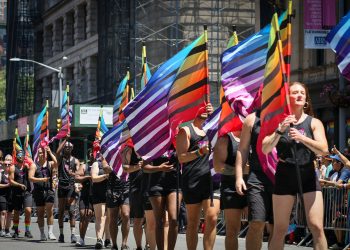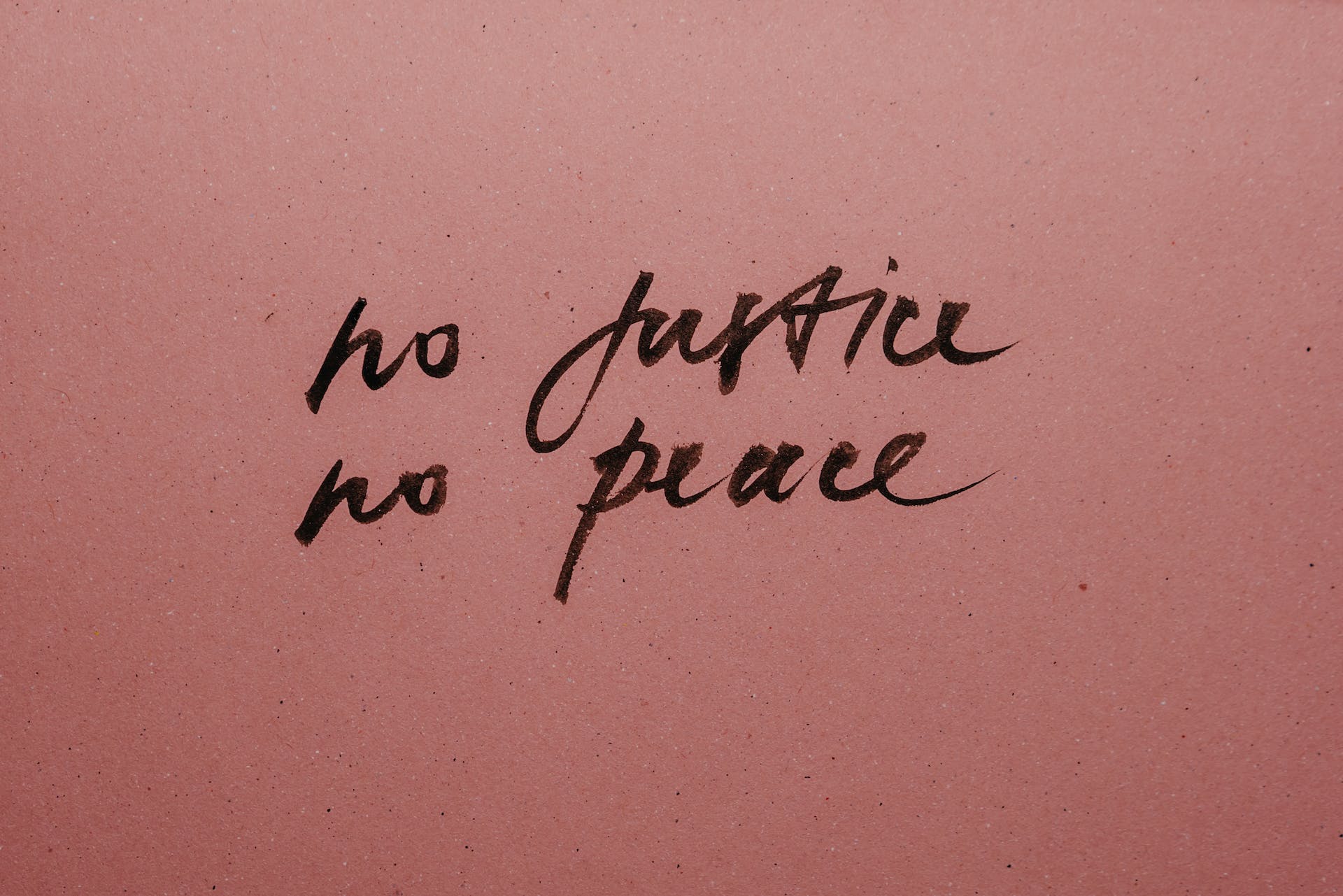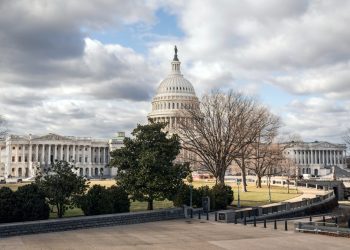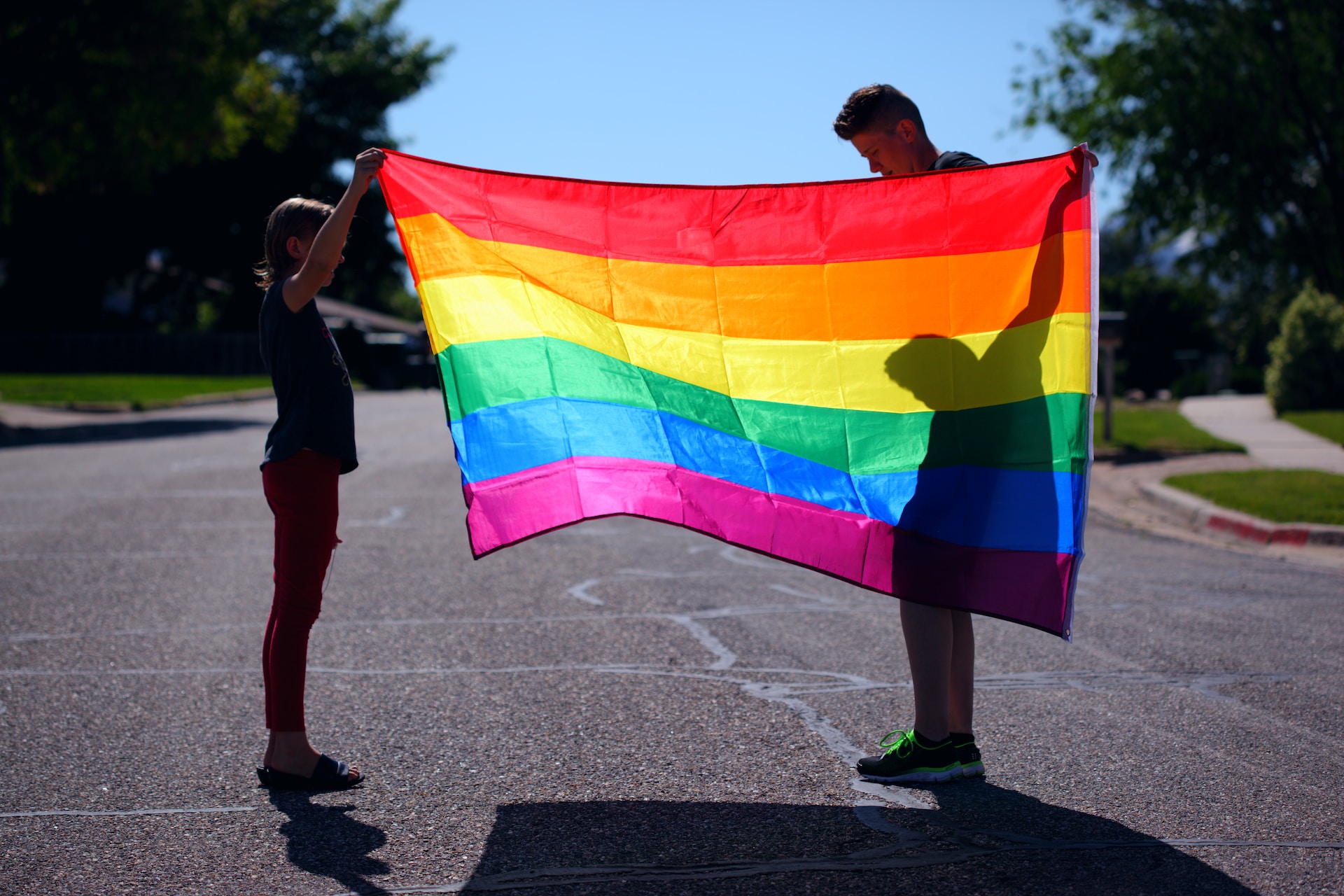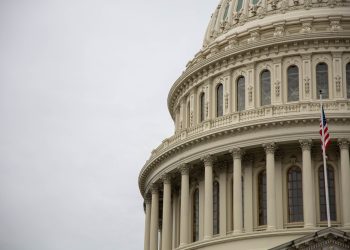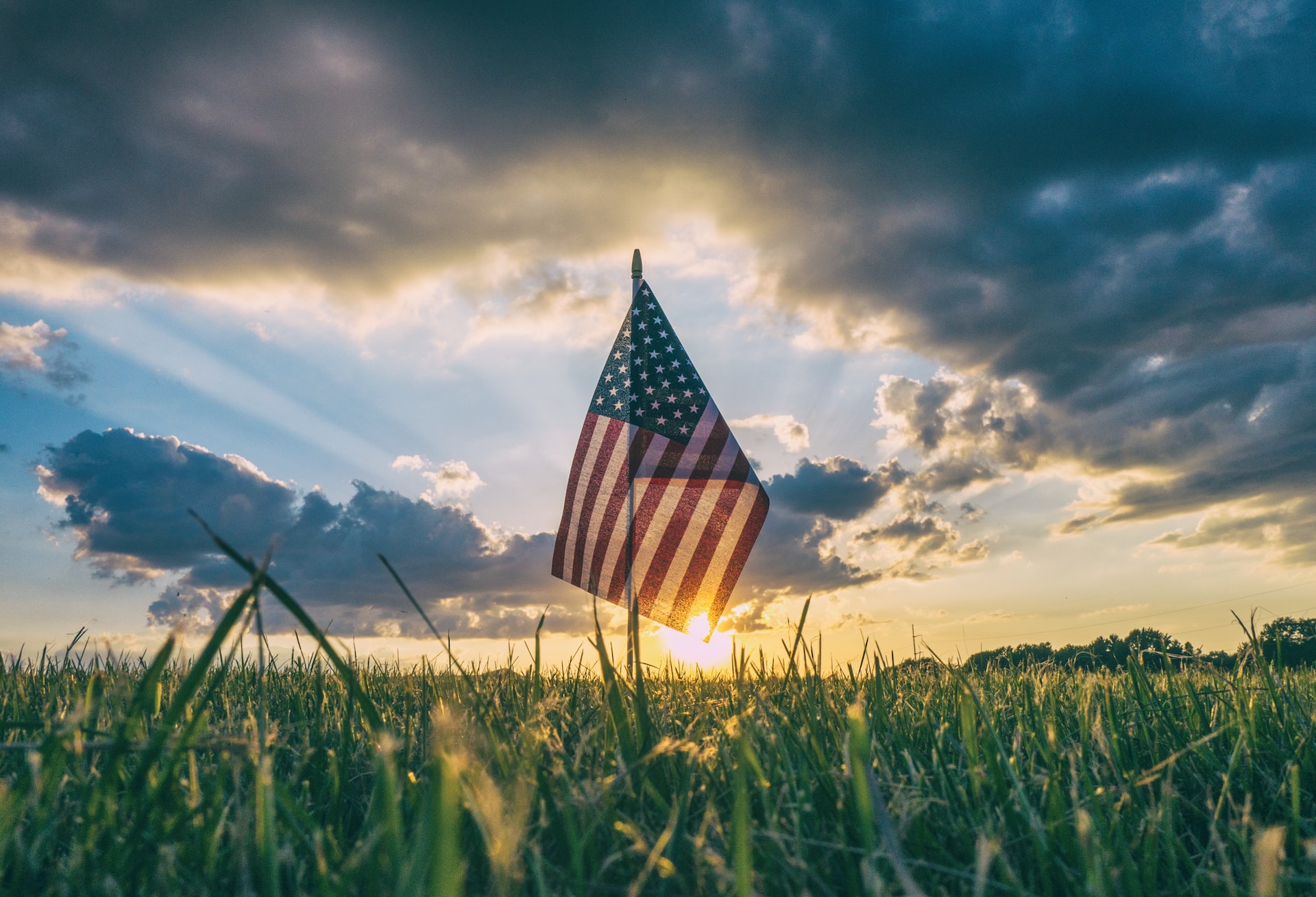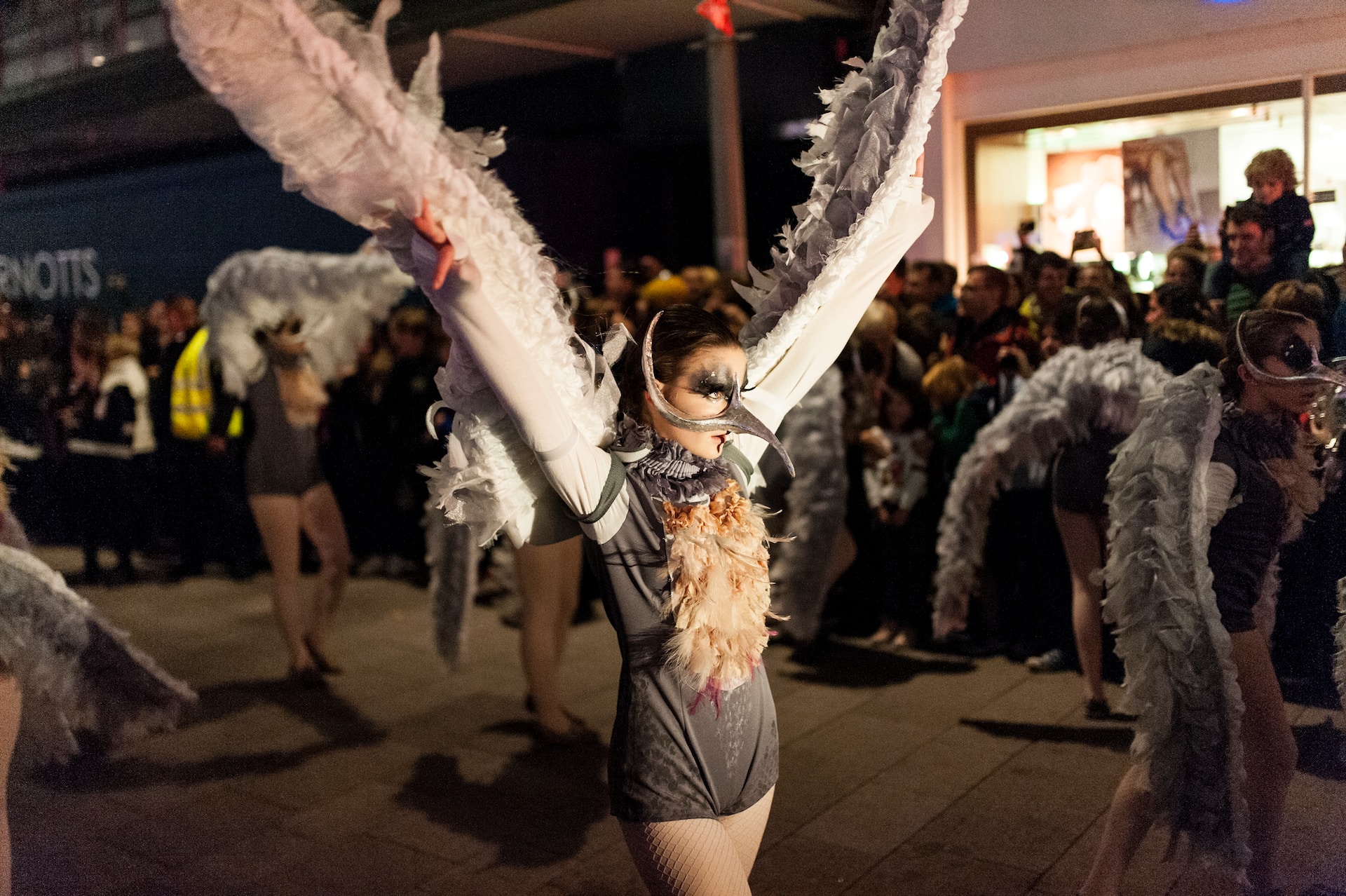Pennsylvania’s approach to supporting LGBTQ+ students in schools has become a focal point of contention. With the state’s 500 school districts exhibiting varying levels of support or restriction, the experiences of these students differ widely across districts. While some have adopted inclusive policies, others have moved towards more restrictive measures.
Progressive Steps: Districts Embracing Inclusion
A notable segment of Pennsylvania’s school districts, approximately 30 as identified by the USA TODAY Network, has taken proactive steps to support transgender students. These districts have implemented policies that address critical aspects of student life, such as confidentiality in communications, the use of chosen pronouns, and access to facilities that align with students’ gender identities. These measures aim to foster an inclusive and safe environment for LGBTQ+ students.
The Counter Movement: Restrictions on Transgender Rights
Conversely, other districts have proposed or implemented policies that limit the rights of transgender students, particularly in areas like sports participation and facility usage. These restrictions often reflect broader societal debates and have sparked significant controversy within communities.
The Role of Advocacy Groups
The PA Family Institute, a conservative Christian nonprofit, has been influential in promoting restrictive policies. By engaging with school board members and district officials, they have shaped the conversation around transgender and LGBTQ+ rights in schools, underscoring the pivotal role of advocacy groups in these debates.
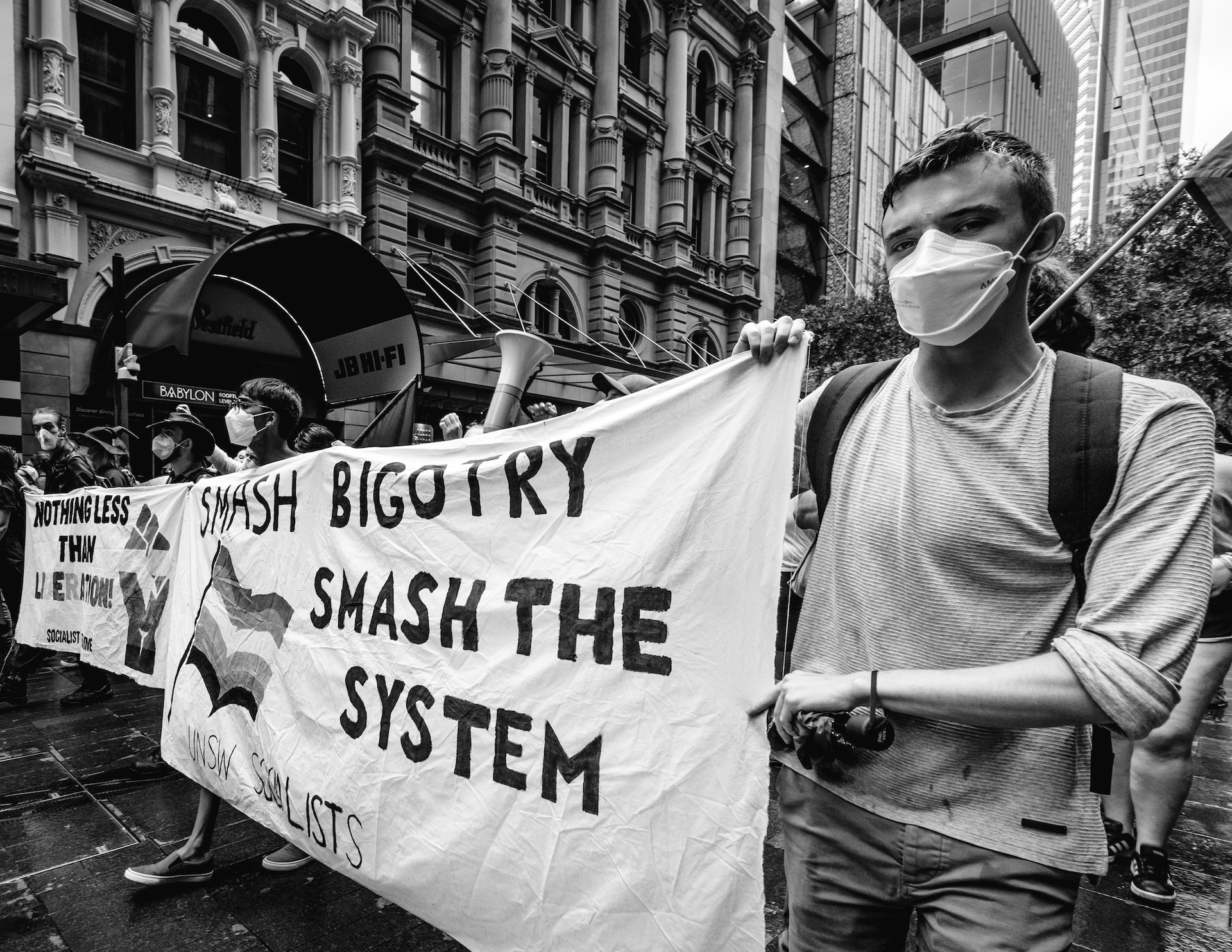
Seeking Student and Family Voices
Understanding the real-world impact of these policies is crucial. The USA TODAY Network seeks to hear directly from LGBTQ+ students and their families in Pennsylvania. Through a survey, the network aims to gather insights into how these students feel in their school environments—whether they experience a sense of belonging or alienation—and how much district policies contribute to these feelings.
The Way Forward: A Call for Dialogue and Understanding
As discussions around LGBTQ+ rights in schools continue, the need for comprehensive and empathetic understanding of the experiences of affected students and families becomes increasingly important. Pennsylvania’s varied approach to LGBTQ+ inclusion in schools not only reflects the broader national conversation but also highlights the need for informed and compassionate policymaking at the local level.
©unitedradiance.org

